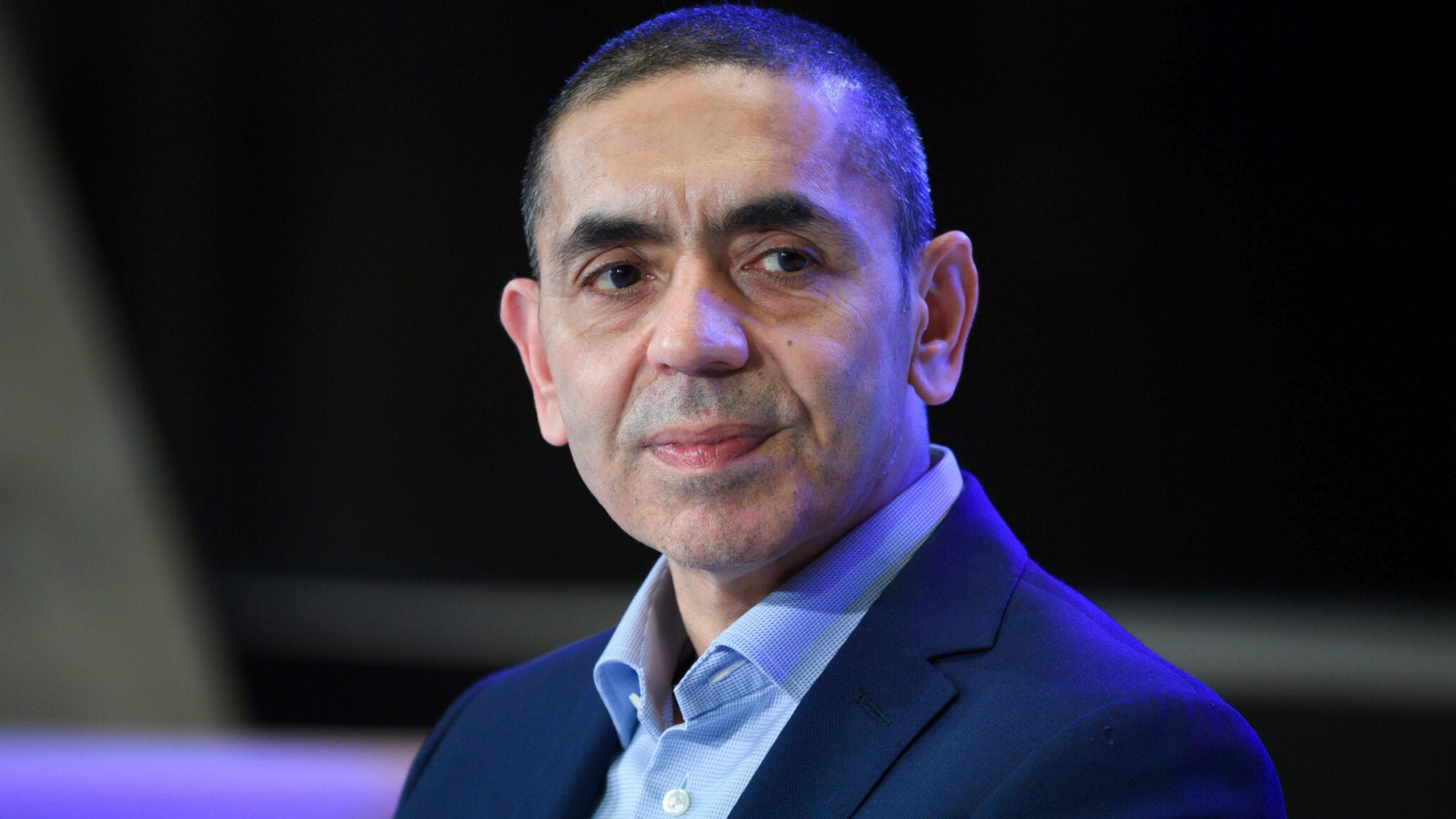
Ugur Sahin, BioNTech CEO (Bernd von Jutrczenka/dpa via AP Images)
BioNTech expects to be $18.6B richer after this year as Covid boosters churn out more data. But it won't change much
Pfizer unveiled the riches that its Covid-19 vaccine is showering on itself and partners at BioNTech when it pegged 2021 sales at $33.5 billion. If …
Sign up to read this article for free.
Get free access to a limited number of articles, plus choose newsletters to get straight to your inbox.